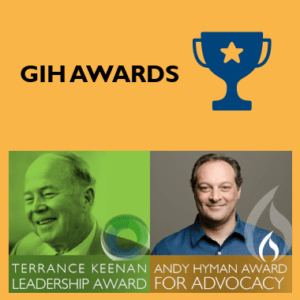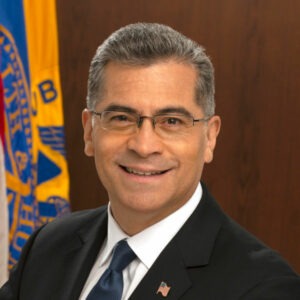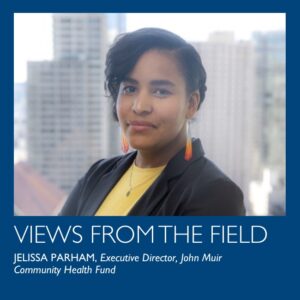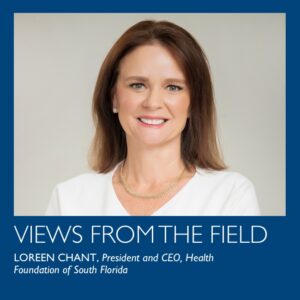Beyond the Exam Room: Impacting Health Outcomes Through Civic Engagement
August marks Civic Health Month, a time to showcase the link between voting and health and celebrate efforts that ensure every voter can support their community’s health at the ballot box. At the same time, the United States is grappling with a health care system ranked 37th globally despite consuming 17 percent of the country’s GDP. With 26 million Americans uninsured and 43 million underinsured, the gap in access to care continues to widen. This crisis will deepen as critical ACA subsidies expire at the end of 2025, potentially leaving 3.8 million more Americans without coverage, in addition to new federal cuts to Medicaid and changes to how coverage is accessed through the health insurance marketplace, which could result in as many as 20 million Americans losing their health insurance.
Protecting Ballot Measures to Protect Democracy
Access to abortion care in Ohio. The chance to support city candidates with democracy vouchers in Seattle. Promoting judicial ethics in Colorado. An $11 an hour minimum wage in Arkansas. What do these policy changes have in common? They were all enacted through the ballot initiative process, and they all support healthy, thriving communities, both in process and in outcome. But multiple states are seeing efforts to curtail the ballot measure process, limiting the voices of voters.
Philanthropy @ Work – Transitions – August 2025
The latest on transitions from the field.
Grantmakers In Health Seeks Nominations for 2025 Leadership and Advocacy Awards
Grantmakers In Health is pleased to announce a call for nominations for both its Andy Hyman Award for Advocacy and Terrance Keenan Leadership Award in Health Philanthropy.
Biden-Harris Administration Announces $75 Million Investment in Rural Health Care
The Health Resources and Services Administration (HRSA), an agency of the U.S. Department of Health and Human Services (HHS), announced nearly $75 million to support health care services in rural America. Funding will launch new opioid treatment and recovery services in rural communities, strengthen maternal health care in the South, and help rural hospitals stay open.
Developing an Equitable Nonprofit Ecosystem: A New Funding Framework for Emerging, BIPOC-Led Grantees
In philanthropy, it is standard due diligence practice to vet potential grantees on their list of current, past, and future funders as a way to mitigate our perceived risk. However, this approach can put many emerging, grassroots, and BIPOC-led organizations out of contention for initial funding. The John Muir Community Health Fund has shifted the way we fundamentally see risk, and instead, have embraced the opportunity to fund emerging organizations that address social determinants of health by providing monetary support, capacity building, and ultimately a proof of concept that propels grantees to long-term sustainability.







